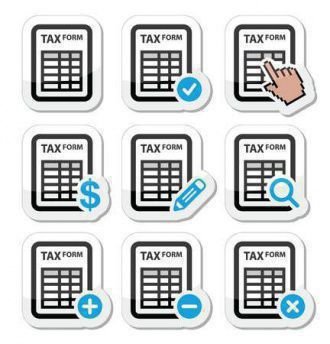When your loved one suffers from an unexplained illness, you naturally seek immediate medical attention, right?
The doctor does not make eye contact with the patient, nor does he or she touch the body to check on the patient's condition.
They do not offer a clear diagnosis of what the cause of the disease is, whether it can be cured or not, or what to do about it.
In the end, it was as if the problem was with the person who got sick, and the anxiety was amplified without any solution.
I'm sure everyone has had this experience at one time or another.
It is no exaggeration to say that the greatest mission of not only tax accountants but also doctors, lawyers, and other professionals is "how to lead the difficult and worrisome situation of the weak to a simple and peaceful conclusion", in other words, "how to make difficult things easy".
Taxes are the only encroachment of state power on property that is as important as the lives of the people.
Therefore, in order for these tax laws and regulations to be enforced on people of all ages and both sexes, it is necessary that they be understood by a considerable, if not universal, number of people.
However, like medical terminology, tax-related laws and regulations are complex and difficult to understand, to the extent that they are often derided as "difficult to read at first, incomprehensible at second, and unpleasant at third.
By applying complex and difficult tax laws and regulations to actual socio-economic events, we are able to provide solutions to vulnerable people in a precarious state who are suffering from unexplained illnesses in an easy-to-understand, polite, repeated, clear and early manner from the standpoint of the other party.
We believe that this is the mission of tax accountants.
As long as complex and difficult tax laws and regulations need to be understood by everyone, they must have been established on the basis of the various human patterns, social phenomena, and economic customs that operate and unfold in the real world.
If we look at tax laws and regulations with this kind of sensitivity, we can get closer to the essence of taxation and understand that it is a discipline that can be interpreted within a certain range of social common sense.
Tax is the heart.
Through the window of taxation, we can look at society and the economy.
We must understand the human activities and sensitivities that live in the real world, and interpret and apply taxes as an extension of that understanding.
Understand taxation with the heart, and explain it simply and carefully.
I believe this is the mission of a professional tax accountant.
In closing, I would like to reiterate that taxation is all about the mind.

 Brochure
Brochure
 Info Session
Info Session
 Application
Application
 Alumni Voices
Alumni Voices















